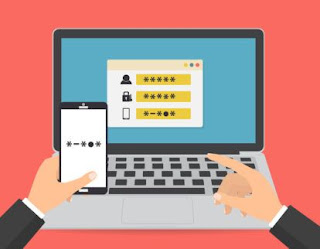What Do Data Broker Sites Know About Your Health and Wellness?

Your medical records and health data are usually protected. Under the Health Insurance Portability and Accountability Act, or HIPAA , there are strict regulations about how your health information should be handled, and who can access it. Despite this, data broker sites and marketers know more than you would think about your medical history, often using targeted marketing that seems too accurate to not have your medical records on hand. From apps to internet searches, online tests to your wearable health device, your information is tracked and used for marketing. Online Depression Tests Share Your Answers You probably expect your movements across the internet to be tracked by the likes of Google and Facebook, using “cookies” as identifiers. You would assume, however, that health information would be protected against this. Instead, Privacy International found that online depression tests on popular mental health websites were sharing the answers with third parties. ...





